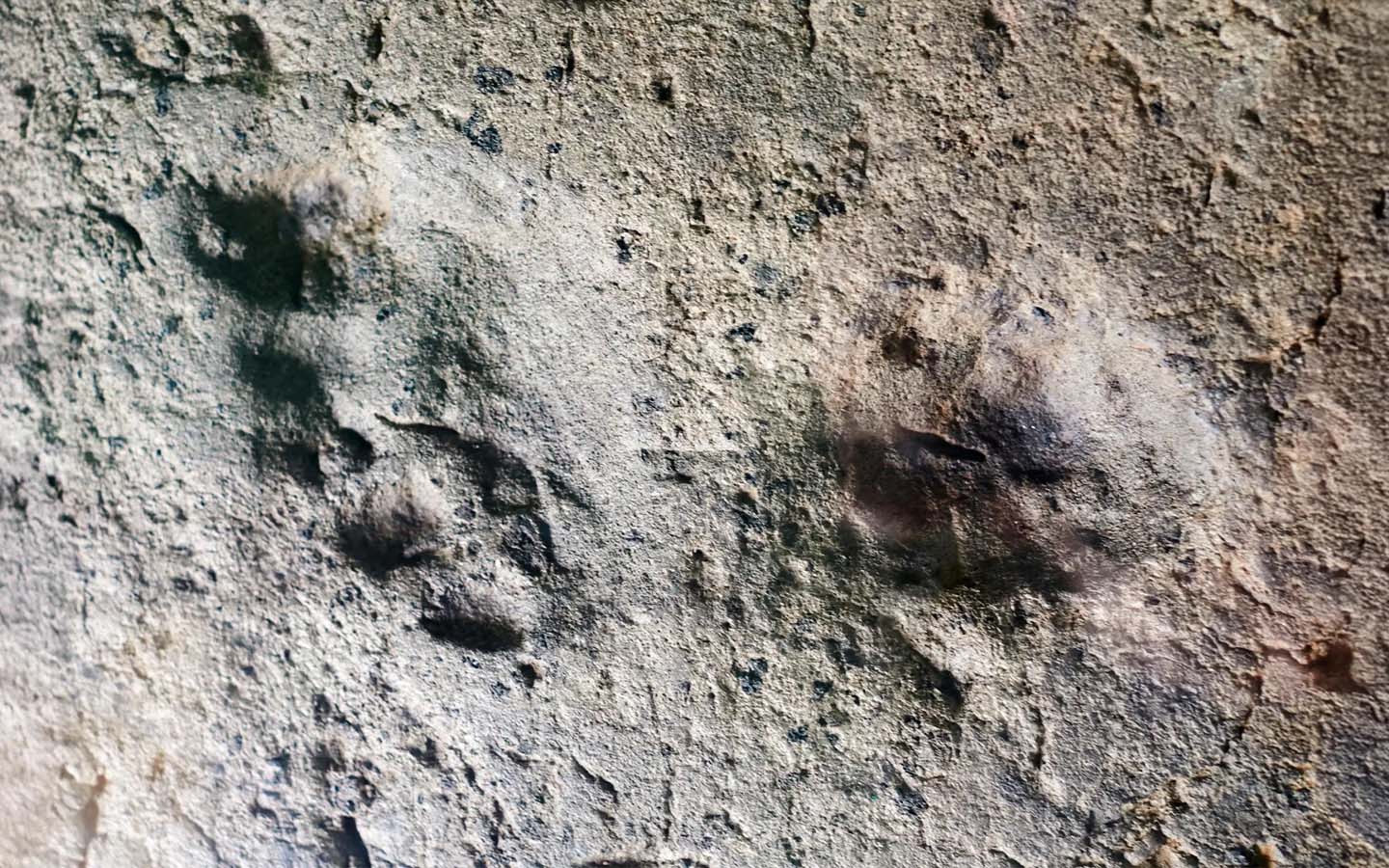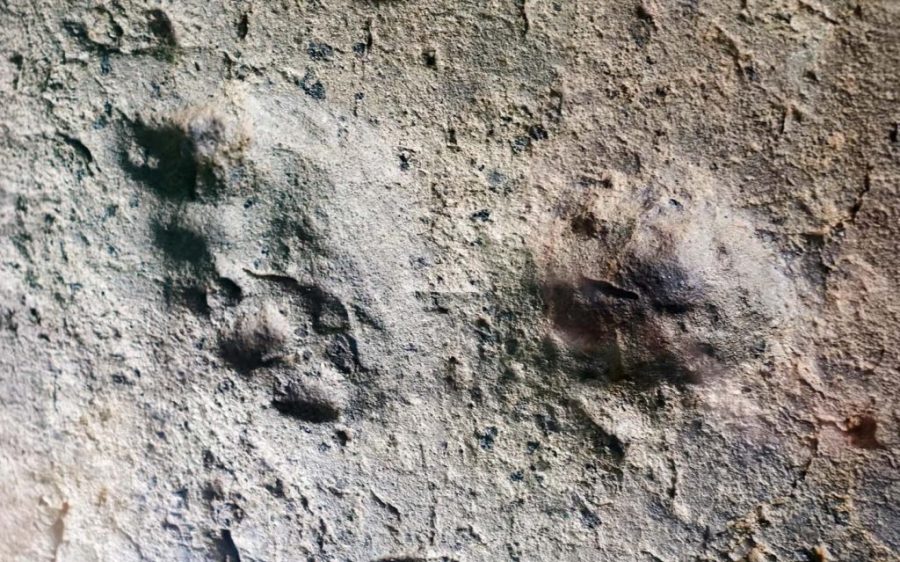An international team has uncovered ancient Neanderthal footprints at two sites in southern Portugal, marking the first evidence of these hominins in the country, reports SciTechDaily.
The Portuguese-led team found footprints in Portugal’s Algarve region offering unique insights unavailable through typical archaeological remains like bones or tools. While such remains can be moved or lose context, footprints capture specific moments in time. “Footprints record a specific moment, almost instantaneously, allowing us to reconstruct what was happening,” the authors explained.
At Praia do Telheiro, researchers uncovered a single footprint from a teenager or adult female dating back 82,000 years, alongside fossilised bird tracks. At Praia do Monte Clérigo, they identified five trackways and 26 footprints dating to 78,000 years ago, including adults and children just over a year old on what was once a coastal dune.
[See more: New archaeological finds open a window into Brazil’s past]
The trackways reveal how Neanderthals moved through different terrain, showing route planning and possible hunting strategies. One set appears alongside deer tracks created simultaneously, reinforcing theories of pursuit or ambush in dune environments.
Ecological network analysis comparing the sites to other coastal locations across the Iberian Peninsula confirmed that deer, horses and hares formed the bulk of the Neanderthal diet, complemented by marine and coastal foods.Published in Scientific Reports, the findings show that Neanderthals living along the Atlantic coast were more flexible and environmentally skilled than previously believed, offering exceptional insight into their mobility, behaviour and social interactions.






